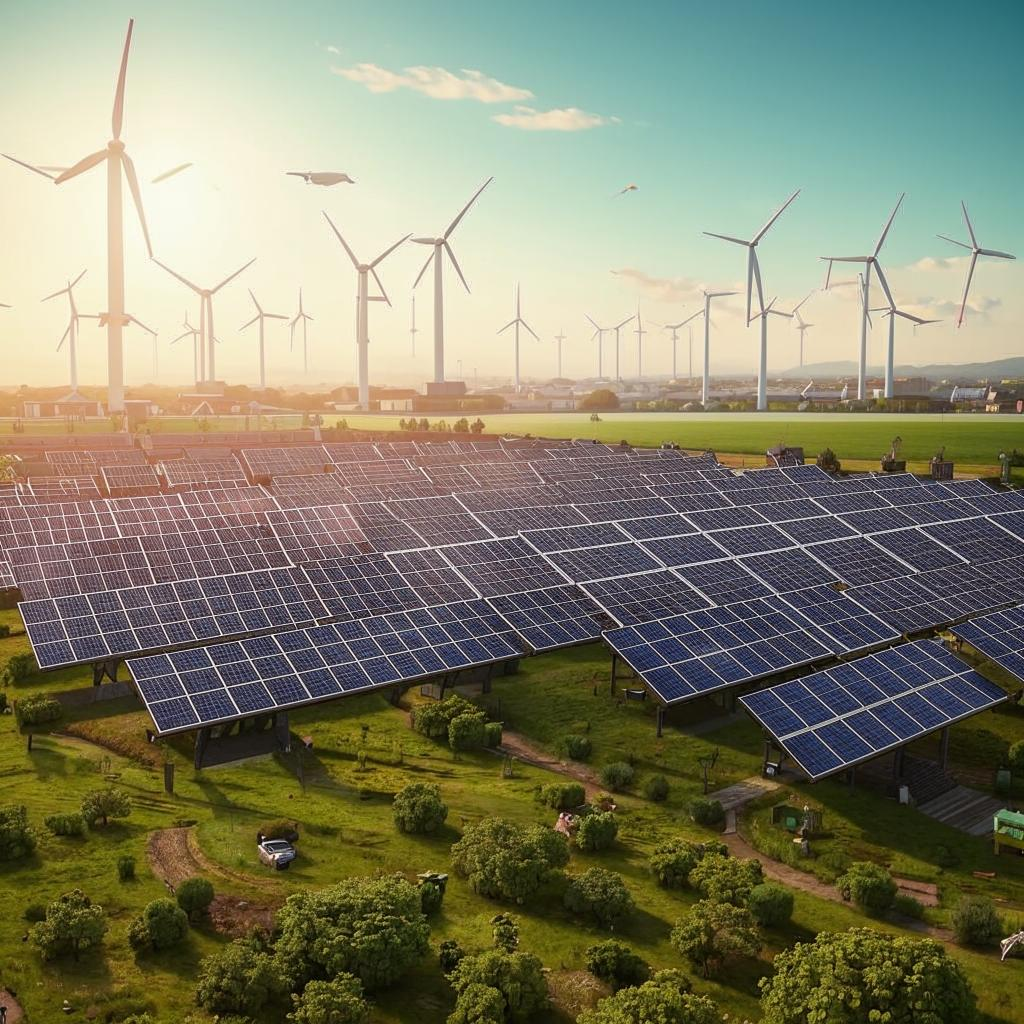Renewable energy is experiencing a period of unprecedented growth globally, driven by rapidly declining costs. Solar and wind power are now often cheaper than traditional fossil fuels, making them increasingly attractive to both governments and private investors. This affordability is accelerating the transition to a cleaner energy system.
Recent reports indicate that renewable energy capacity additions have broken records. Developing nations are particularly benefiting from this trend, as they can leapfrog older, more polluting technologies and directly invest in sustainable infrastructure. China and India are leading the world in renewable energy deployment, investing billions of dollars in solar and wind farms.
However, challenges remain. Integrating intermittent renewable sources into existing grids requires significant upgrades and investments in energy storage solutions. Furthermore, ensuring a reliable supply of critical minerals needed for solar panels and batteries is becoming a strategic priority. Despite these hurdles, the momentum behind renewable energy is undeniable.
Policy support, technological advancements, and increasing public awareness are all contributing to the renewable energy boom. As countries around the world strive to meet their climate goals, renewable energy is poised to play an even greater role in shaping our energy future. The shift away from fossil fuels is not just an environmental imperative but also an economic opportunity, creating new jobs and industries. Continued innovation and strategic planning are crucial to ensure a smooth and equitable transition to a sustainable energy system for all.












